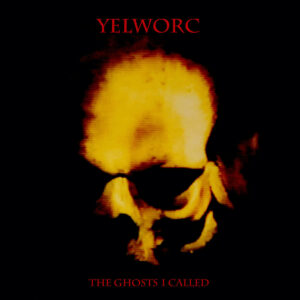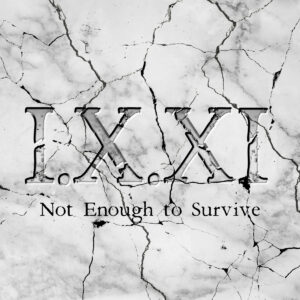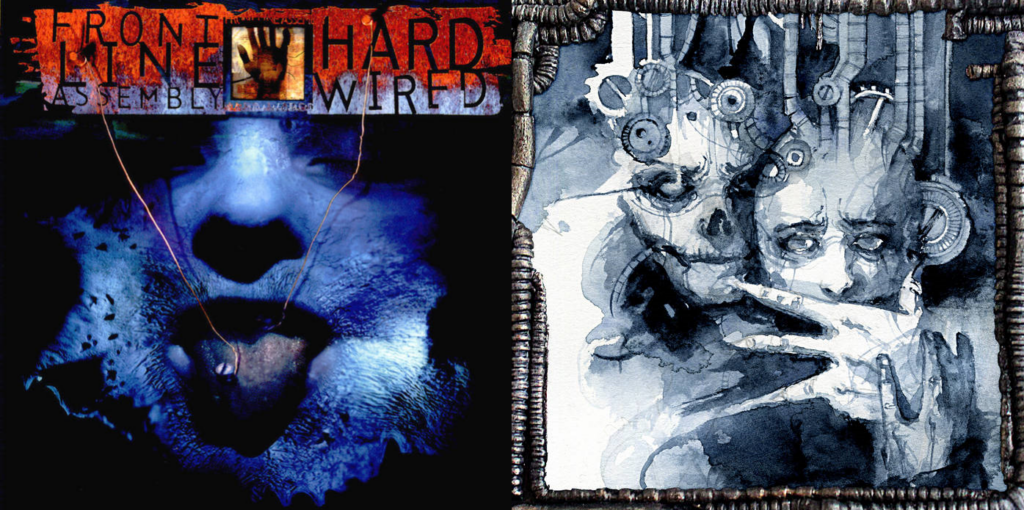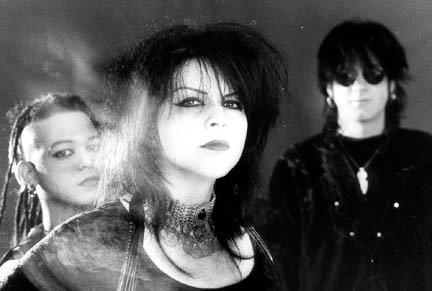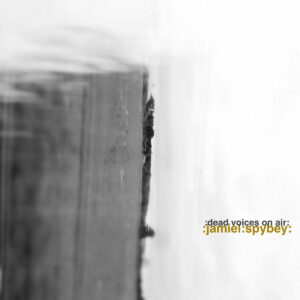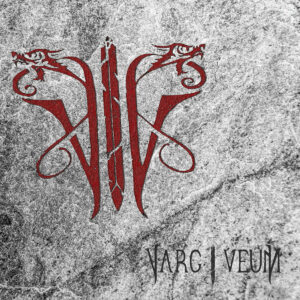Observer: Dionysus & Harsh R
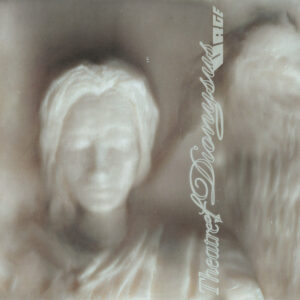
Dionysus
Theatre Of Dionysus
Urge Records
By Discogs and Spotify’s reckonings, there are somewhere between sixteen and nineteen acts with the name Dionysus, so it might be best to look for the new Aussie post-punk band bearing that moniker by searching for the more distinct name of their EP. Nomenclature aside, the quintet sound tight and aggressive on much of Theatre of Dionysus, with tunes like “Blue Swan” and “Silhouette” adoring thrashing hardcore with just a touch of gothic repose and a vocal style sitting somewhere between The Shop Assistants and Xmal Deutschland. The dreamier side of things comes across well, too, with the opening and closing tracks conjuring wintry plains to mind more than Bachhich debauchery. Between the band’s dialled in approach to the darker side of post-punk and their core hooks and rhythms, they’re worth keeping a tab on.
Theatre of Dionysus by Dionysus
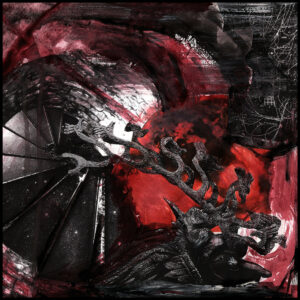
Harsh R
I WON’T WAIT
self-released
The arc of Avi Roig’s Harsh R material has taken him from the project’s early, extremely caustic electronics that bordered on power electronics to a kind of doomy, rueful version of synthpop. It’s one of those gradual changes that you you don’t see coming simply because it happened in gradual, but entirely deliberate fashion; the material on new EP I WON’T WAIT is even more melodic in its fashion than the doomy compositions of last year’s excellent LP SEEK COMFORT. Mind you that’s not to say there’s anything bright or *gasp* uplifting to be found here, moreso that the kinds of emotions that have always fuelled Roig’s compositions – uncertainty, anxiety, general disquiet – are now being expressed in softer if no less impactful fashion. Listen to the low-key bubbling bass, and the smooth edged-synths that float over them on “CAN YOU”, or the simple atonal sequence that pushes “BURY ME” along: minus Roig’s trademark howled vocals on the former, these songs capture the same feeling of the all out assaults that precede them in the catalogue, but with the bludgeon replaced by a very sharp knife, no less damaging in its way. It’s a remarkable roadmap in a project that we’ve followed since its inception, and whose constant evolutions in miserabilism have never failed to reward even as they afflict.
I WON'T WAIT by HARSH R
The post Observer: Dionysus & Harsh R appeared first on I Die: You Die.



